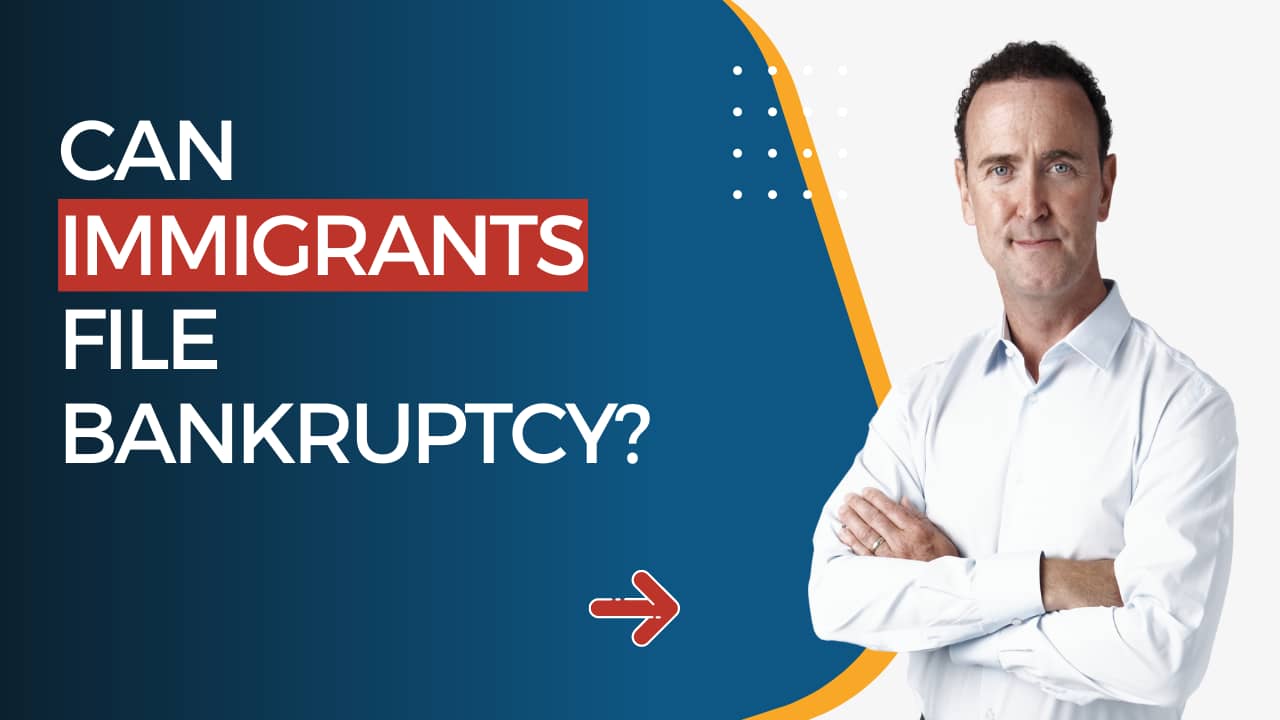If you’ve spent 30 minutes trying to research bankruptcy on the internet, odds are you’ve come across at least 30 contradictory pieces of information.
The bald truth is that creditors have plenty of motivation to keep you scared of filing or confused into paralysis.
Your friends may be misinformed or have outdated data.
Below, you’ll find 10 bankruptcy myths that simply aren’t true.
#1 – They got rid of bankruptcy back in 2005.
FALSE. There was a lot of fear, confusion, and trepidation about how the 2005 “reforms” to the bankruptcy code would affect your access to debt relief, but most of those fears never materialized.
It costs a little more and involves more paperwork and skill, but filing bankruptcy still works.
#2 – If I file bankruptcy, it means I’m a failure at life.
NO WAY. The vast majority of bankruptcy filings result from unpredictable crises like losing a job, getting sick or injured, or divorcing.
Bankruptcy is built into our nation’s law to protect you from having your life ruined by debts you can’t pay.
#3 – If I file bankruptcy, I won’t get credit for at least ten years.
WRONG. You can borrow money while in the middle of a Chapter 13 case, and people who file Chapter 7 start receiving credit card offers in the mail just weeks after their discharge.
The truth behind the myth is that the credit bureaus can report a Chapter 7 bankruptcy for ten years – but it by no means shuts down your access to credit.
#4 – I want to file, but my spouse doesn’t. Therefore, I can’t.
FALSE. Your spouse can choose to file a joint case with you. It’s not required.
If only one of you files, it becomes a bit more complicated as you’ll need to figure out which of your property will be included in bankruptcy estate, and which won’t.
#5 – I have a job, so I can’t file for bankruptcy.
FALSE. This myth arose because of the “means test” implemented in the 2005 changes. The means test is supposed to force higher-income filers into Chapter 13, instead of Chapter 7.
The fact is, the only way to qualify for a Chapter 13 repayment plan is to have a job.
#6 – If I file Chapter 13, I have to pay ALL my debts off in full.
FALSE. I’ve seen Chapter 13 repayment plans that range from paying creditors mere pennies on the dollar to plans that pay 100% and every possible variation in between.
The amount you end up paying in Chapter 13 is very individualized, based upon your disposable income (not as easy to calculate as it looks), the value of any non-exempt assets, and the total amount of priority debts (like taxes and child support) you may have.
#7 – I can’t get rid of these medical bills in bankruptcy.
FALSE. Almost all unsecured debts, such as credit cards, personal loans, and medical bills, are dischargeable in bankruptcy.
#8 – If I file bankruptcy, I’m shifting the burden to society.
NOT REALLY. Credit card issuers are some of the most profitable businesses in the world, despite the small percentage of the debtors they carry who end up getting bankruptcy discharges. Those profitable businesses also receive a tax deduction from the IRS for your discharged debt.
#9 – If I file bankruptcy, I’ll lose everything I own!
INCORRECT. Almost all bankruptcy cases filed by individuals are classified as “no asset” cases, in which the debtor can end up keeping everything they own. That’s because you can file exemptions on certain types of property that you want to keep.
Not only that, assets like retirement funds are protected from creditors in a bankruptcy.
#10 – I don’t have enough debt to qualify for bankruptcy.
INCORRECT. There is no minimum amount of debt listed in the bankruptcy code.
If your debt load appears to be more than you are able to pay, you can choose bankruptcy if it turns out to be a wise choice. An experienced bankruptcy attorney can help you make this call.
I’m seeing the possibilities now. Who can I talk to?
It’s free to chat with me about your options – you can call or text me at 215.551.7109, or drop me a line.









